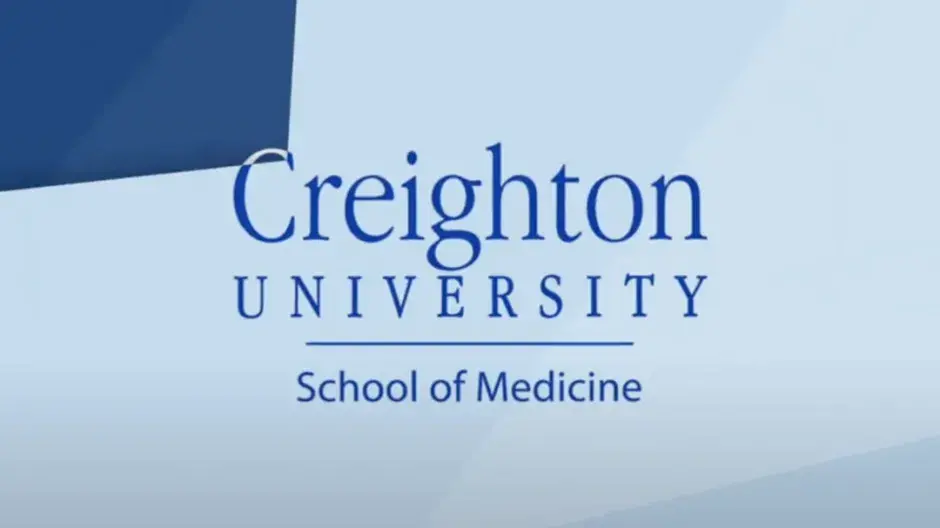
Child Adolescent Psychiatry Fellowship
About the Program
The Psychiatry Department of Creighton University takes pride in their strong Child and Adolescent Psychiatry (CAP) division. The primary goal of the program is to train psychiatrists to become proficient in the diagnosis and treatment of a wide range of psychiatric disorders in children and adolescents. Our training program is based on the biopsychosocial approach, with an emphasis on child and adolescent development within the context of family, school and community.
Clinical skills are developed at a variety of sites including inpatient, partial hospital, residential treatment, and two different outpatient settings. Training is provided in family therapy, behavior modification, psychopharmacology and individual and group psychotherapy.
Program Timeline
The Child & Adolescent Psychiatry Fellowship Program is a two-year program. The “Fast-track” is the most popular option is for general residents who are interested in entering the Child & Adolescent Fellowship Program. Candidates apply for the Fellowship during their PG-3 year through ERAS, and begin fellowship the start of their PG-4 year.
Following the completion of the first year of the two-year fellowship, they would receive a certificate of completion for the Psychiatry Residency Program, and upon completion of the second year of fellowship, they receive a certificate of completion for the Child and Adolescent Psychiatry Fellowship Program. The total training for both General and CAP is completed in 5 years. Applicants may also choose start CAP upon completing their adult training. A total of six fellows are enrolled in the program at any given time.
Program Director - Tony Pesavento

Program Tour

- Fully-accredited by the Residency Review Committee of the ACGME
- Multiple Training Sites
- Weekly didactics with all fellows together over the two-year training cycle
- All training sites have psychologists/therapists, nurse practitioners/nurses as part of the team
- Teaching: Fellows participate in training other professionals and in helping train psychiatry residents and medical students who rotate through the program. Fellows have the opportunity to be an ongoing lecturer to medical students in lecture format and/or in small groups at both universities
The Child and Adolescent Psychiatry Fellowship mission is to train psychiatrists to become proficient in the diagnosis and treatment of a wide range of psychiatric disorders in children and adolescents. Incorporating the Jesuit values, our training program is based on the biopsychosocial approach, with an emphasis on child and adolescent development within the context of family, school and community.
Clinical skills are developed at a variety of sites including inpatient, partial hospital, residential treatment, and outpatient settings. Training provided in family therapy, behavior modification, psychopharmacology and individual and group psychotherapy contributes to providing comprehensive patient care across diverse settings.
- Educate Child and Adolescent Psychiatry fellows to use a biopsychosocial developmental approach with a culturally sensitive lens to assess and treat children and families through diverse didactic and clinical experiences, in alignment with the Jesuit value of cura personalis.
- Cultivate resilient, reflective child and adolescent psychiatrists through mentoring, who understand system pressures and learn to navigate them mindfully; paying attention to their own wellbeing so as to avoid burnout and provide optimal patient care.
- Foster a commitment to advocacy for the improvement of mental health resources for underserved children and adolescents by exposure to community systems of care.




